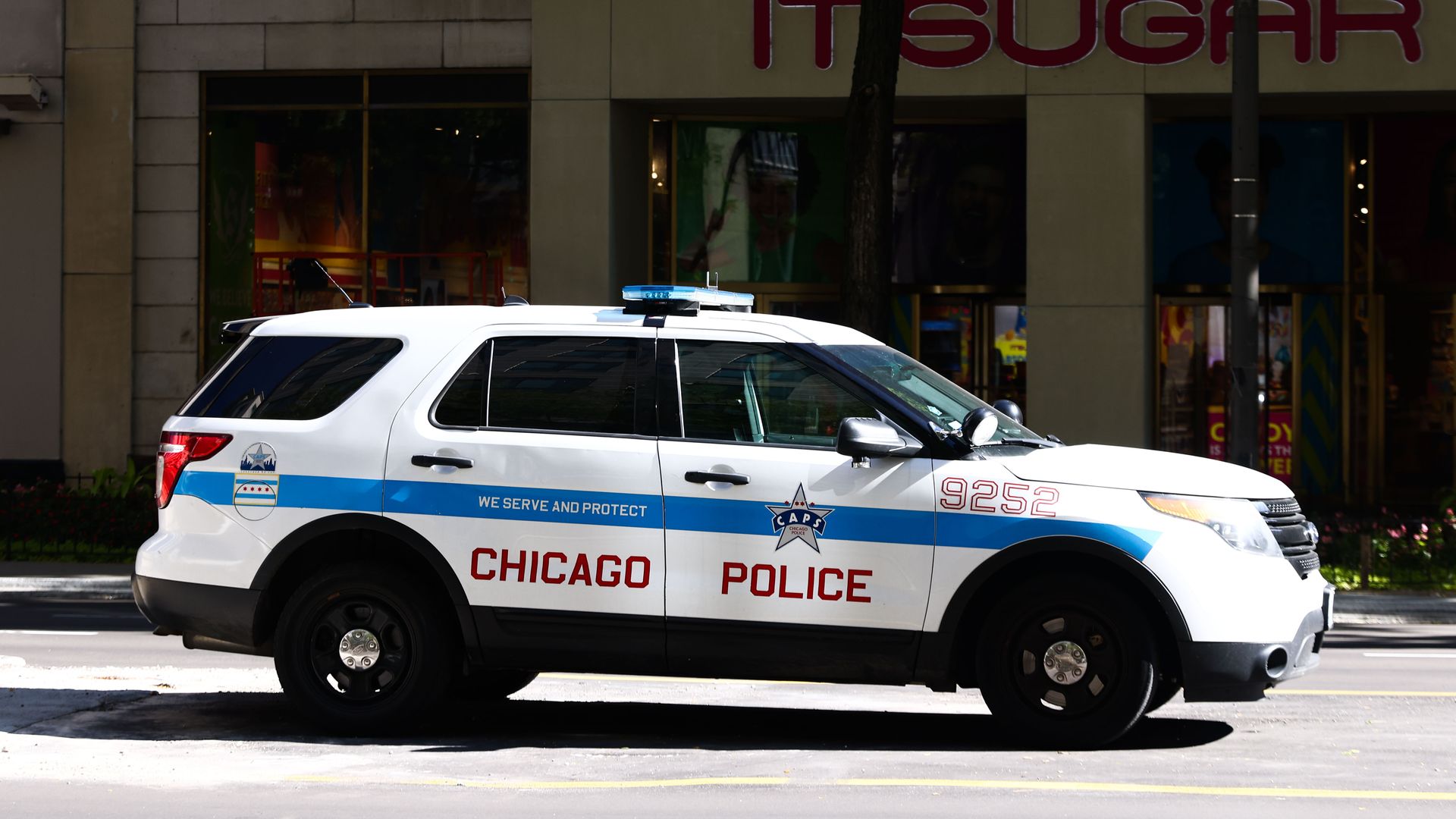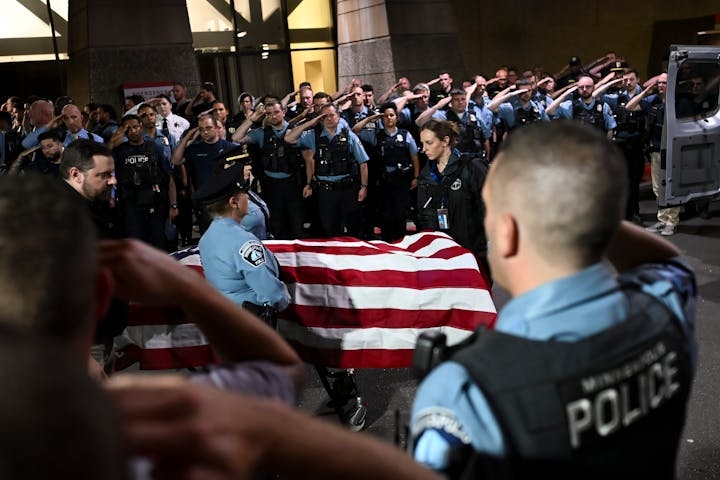Chicago’s inspector general, Deborah Witzburg, has issued a warning about potential constitutional violations and escalating tensions due to new police directives, just ahead of the Democratic National Convention. The city’s police force is facing criticism for its handling of protests, especially following the 2020 unrest after the murder of George Floyd. Witzburg’s 52-page report highlights issues with the new police directives, citing concerns over tactics like “kettling,” the use of pepper spray on passive protesters, and inadequate training on the rights of demonstrators. These tactics, she argues, could infringe on the First and Fourth Amendment rights of lawful demonstrators during mass gatherings.

Concerns Raised by Inspector General
In her analysis, Witzburg expresses concerns over several aspects of the Chicago Police Department’s crowd management strategies. She criticizes the reliance on outdated crowd control principles and the potential misuse of tactics like kettling, which involve corralling protesters into confined areas. Such methods, she argues, could lead to unnecessary confrontations and arrests. The inspector general also points out deficiencies in police training regarding the differentiation between lawful and unlawful demonstrations. This, she warns, could leave officers ill-equipped to handle protests effectively and within constitutional bounds.
Police Response and Training Efforts
Chicago Police Superintendent Larry Snelling has defended the department’s approach, arguing that the new policies have been reviewed and approved by court-mandated police reform monitors and the Illinois attorney general. He asserts that the department has made significant improvements, including simplifying use-of-force guidelines and expanding the use of body-worn cameras. Snelling acknowledges the need for better training and accountability, emphasizing that officers have undergone extensive crowd control and de-escalation training since November 2023. He asserts that these efforts ensure officers are prepared to handle large-scale events like the Democratic National Convention safely and effectively.
Community Reaction and Future Challenges
Community activists and organizers, however, remain skeptical. They argue that recent incidents, such as the handling of protests against the Israeli occupation and the April 2020 demonstrations, show that little has changed in police tactics. Critics like Hatem Abudayyeh, a national chair of the United States Palestinian Community Network, point to incidents of kettling and excessive force, which have deterred some individuals from exercising their right to protest.
Looking forward, activists are calling on the city to grant permits and ensure that protesters can exercise their constitutional rights safely and without fear of police repression. They urge city officials, including Mayor Brandon Johnson, to work with the inspector general and community leaders to address concerns about police tactics and ensure that the convention proceeds without incidents that could mar its reputation.

While improvements have been made in Chicago’s police crowd control tactics, concerns remain about their potential impact on constitutional rights and community safety. As the city prepares for the Democratic National Convention, the spotlight will be on how law enforcement handles protests and ensures a balance between maintaining public safety and respecting civil liberties.
